The New Apostolic Reformation drove the January 6 riots, so why was it overlooked by the House Select Committee?
This article originally appeared at Baptist News Global on January 10, 2023.
As the U.S. Capitol building was under siege January 6, four of the six protest permits issued that day were to independent charismatic Christian groups that had spent the previous two months waging a spiritual war focused on overturning the election.
Eight days prior to the attack, 15 of these independent charismatic leaders held a meeting for more than two hours at the White House with “high-level Trump administration officials” to talk about a spiritual war strategy that would “join the natural to the spirit.”
But in the January 6 Committee hearings, “Christian nationalism” was mentioned only once.
Who were these people meeting with White House officials? And what could they possibly have been talking about?
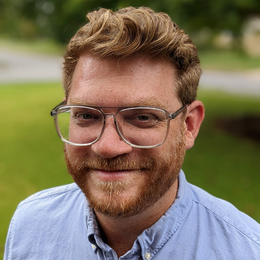
Matthew Taylor
These are some of the questions Matthew Taylor, a Protestant Scholar at the Institute for Islamic, Christian and Jewish Studies, seeks to answer in a series on the Straight White American Jesus podcast titled Charismatic Revival Fury: The New Apostolic Reformation.
Taylor says while the January 6 insurrection was a conglomeration of different groups and perspectives coming together, a significant portion of the attack holds the markings of “charismatic revival fury.”
Charismatic revival fury
Charismatics are a Christian community that has been growing in popularity since the 20th century. They believe God continues to reveal God’s will for the world through apostles and prophets in the same way the early church wrote about in the book of Acts. As a revivalist movement, they present a hopeful vision of victory for the future, coming in a breakthrough of a third Great Awakening.
But in the meantime, they are furiously angry over the political landscape in the United States due to abortion, LGBTQ acceptance and the perceived threat of Islam.
C. Peter Wagner and the New Apostolic Reformation
Taylor focuses his attention throughout the podcast on a group of apostles, prophets and worship leaders connected to the New Apostolic Reformation, which is a loosely affiliated yet highly networked circle of independent charismatics who have been influenced by C. Peter Wagner.
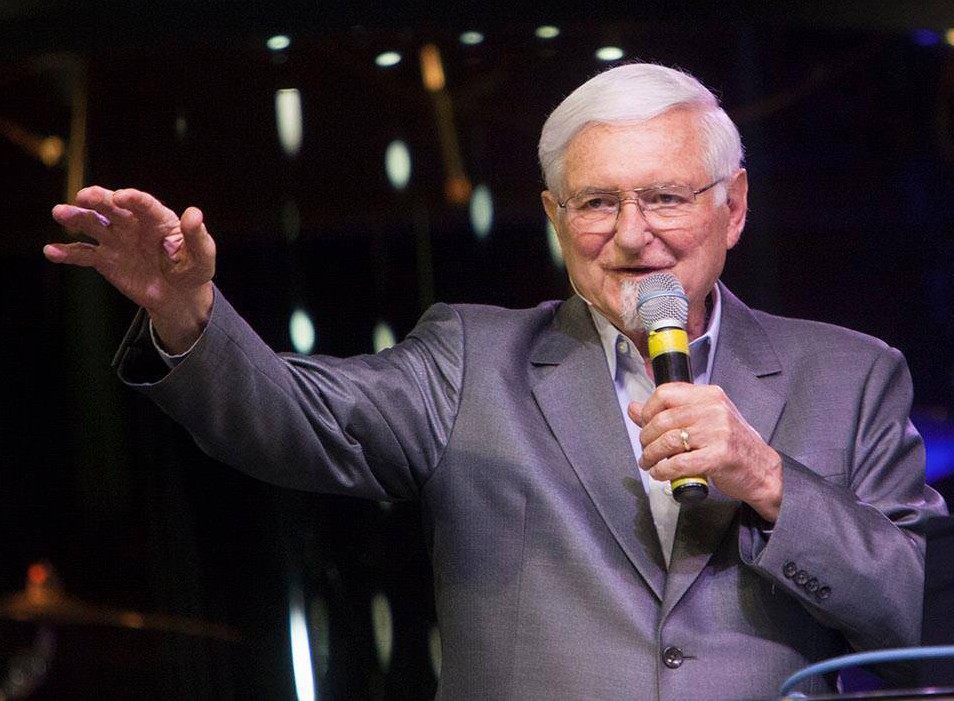
C. Peter Wagner
Wagner was a professor at Fuller Seminary for 30 years focusing much of his attention on church growth. Because he saw independent charismatic churches growing worldwide in record numbers, he tapped into the curiosities about the supernatural claims that charismatic preachers made.
During the 1980s, he invited John Wimber, a founding leader in the charismatic Vineyard Movement, to help teach his classes on healing and hearing the voice of God. But because Fuller began getting concerned for its reputation, the classes were shut down. Eventually, Wimber became concerned about how extreme Wagner was becoming after the Toronto Blessing and stopped teaching with him.
During the mid-1990s, Wagner utilized his experience with networking and his ability to identify young, entrepreneurial leaders and started casting a vision for a movement he called the “New Apostolic Reformation,” claiming it would be, “the most radical change in the way of doing church since the Protestant Reformation.”
Wagner retired in 1999 to focus on being an apostle, during which he started institutions, prayer networks, a roundtable of prophets and mentorship programs that all would eventually help fuel evangelicalism’s support of Trump and the insurrection of January 6.
A hierarchy of authority, revelation and worship
The apostles in the New Testament originally were messengers sent by Jesus with authority and a commission to make disciples. When the apostles died out, the authority moved to the bishops, where it remained until the Protestant Reformation of the 16th century. Since then, Protestants have said authority lies in Scripture alone instead of the bishops, although the distinction can be unclear when it’s filtered through their interpretation of Scriptures.
“These apostles believe they build and lead with the authority of God.”
But independent charismatics such as Wagner argue that God continues to gift apostles to the church today. These apostles believe they build and lead with the authority of God.
Other self-proclaimed modern-day apostles include Bill Johnson of Bethel Church, Mike Bickle of the International House of Prayer, Dutch Sheets, Cindy Jacobs, Che Ahn and Don Finto.
Independent charismatic prophets are those who say they experience dreams and visions that allow them to tell what God wants to say for a certain moment. They often believe they can discern where certain demonic spirits are so that the apostles can lead the charge against them.
Worship leaders know how to sing, play an instrument and whip a crowd into a frenzy of collective effervescence. While they carry no apostolic authority and potentially no prophetic insight, they wield music and technology in ways that help people move their trauma through their bodies while potentially being manipulated or moved toward specific theological, ethical or political aims.
A hierarchical theology of dominion
The theology of independent charismatics is about territorial power. Despite not being a Calvinist, Wagner tapped into the spheres of society language that can be traced back through Abraham Kuyper, who spoke about the spheres of lordship where Christ is “sovereign over all.”
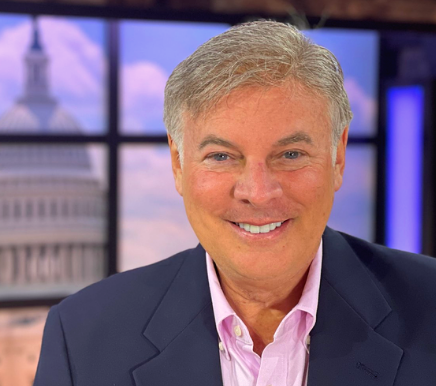
Lance Wallnau
With Wagner focusing on apostolic authority, Lance Wallnau came up with a concept called the Seven Mountain Mandate, where Christians have an obligation to have dominion over the seven mountains of religion, education, family, business, government, the arts, and media.
While most evangelicals translate the Greek word ecclesia to mean “gathering, church or assembly,” the charismatic apostles focused on its context in the broader Greco-Roman city-state culture, translating it as “divinely ordained ruling government.”
The Great Commission also gets a facelift in charismatic theology, with “make disciples of all nations” reinterpreted from referring to individual people within every nation to discipling the nations themselves.
Christians enter into the spheres of society and exercise dominion over the mountains by being the divinely ordained ruling government on mission to disciple nations. That happens through spiritual warfare against demons and principalities.


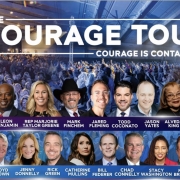
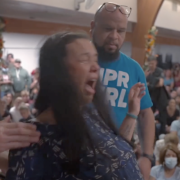

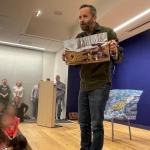

Leave a Reply
Want to join the discussion?Feel free to contribute!